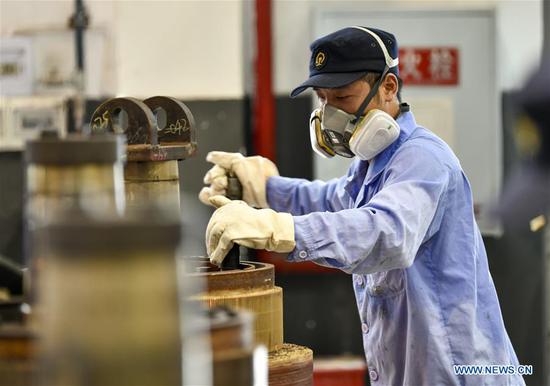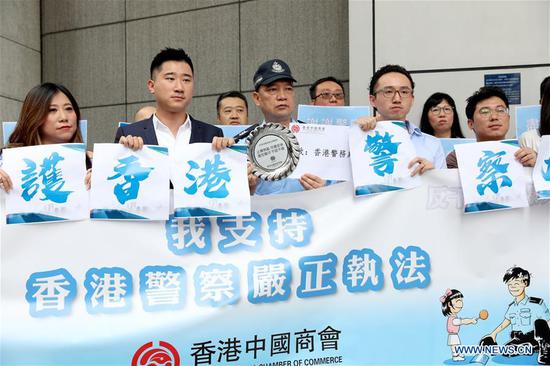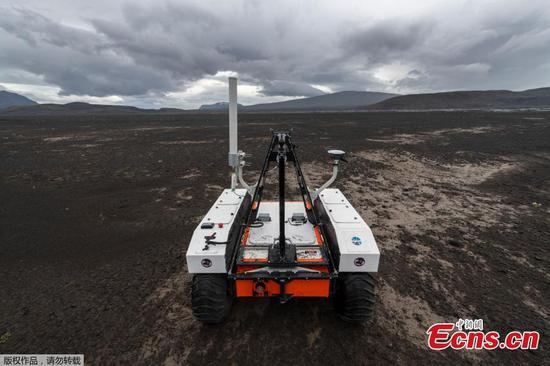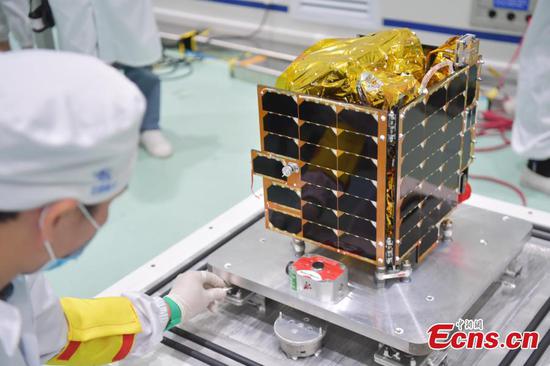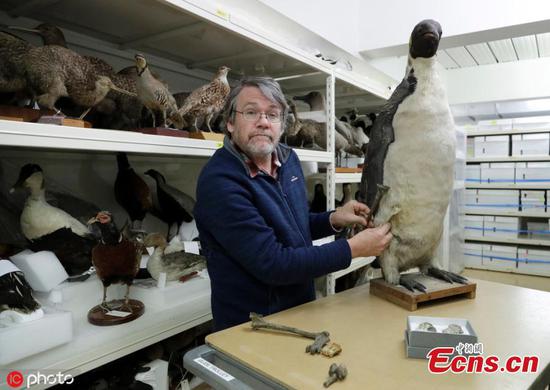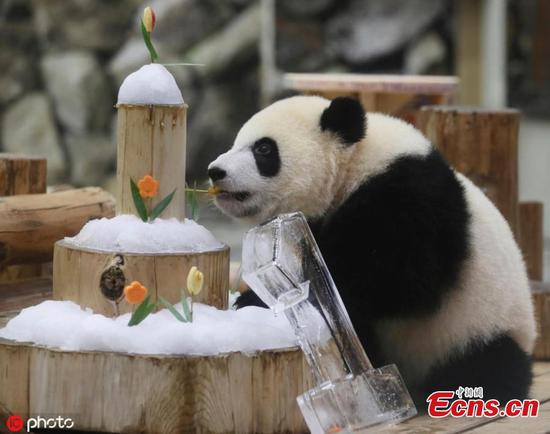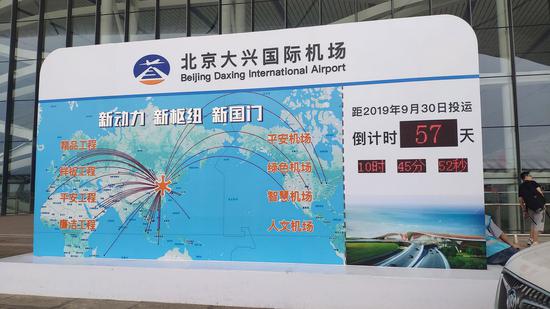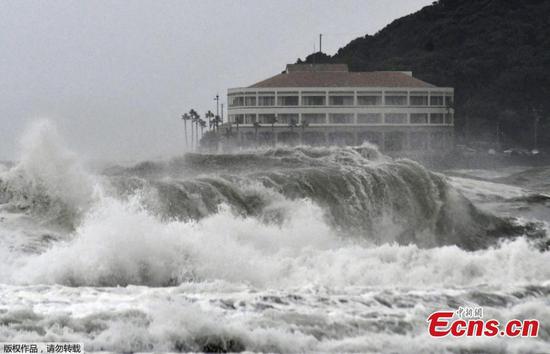Move not expected to hinder China's drive to become high-tech energy powerhouse
The United States addition of four Chinese nuclear power enterprises to its Entity List, restricting them from receiving U.S. exports, will not affect China's ongoing transformation into a high-tech nuclear energy powerhouse, industry experts said.
The U.S. Department of Commerce's Bureau of Industry and Security added China General Nuclear Power Group and its subsidiaries China General Nuclear Power Co, China Nuclear Power Technology Research Institute Co and Suzhou Nuclear Power Research Institute Co to its Entity List on Wednesday.
Companies on the list have to obtain a special license from the U.S. government for U.S. materials and technology exports. In practice, such approval is rarely granted.
Chinese companies previously added to the list include high-tech giant Huawei Technologies Co and five other tech firms in the fields of chips and supercomputing.
Experts said the new U.S. move is just part of its concerted efforts to hinder China's fast-growing nuclear industry, but such attempts will be in vain.
"The restriction on CGN is another attempt to curb China's development, similar to that against Huawei," said Hu Chi, a researcher at the State-Owned Assets Supervision and Administration Commission.
"However, China has homegrown nuclear power technologies and is able to design and manufacture most of the components and devices domestically, while among the few imported items, very few are from the U.S.."
China could always turn to other countries for similar imports or invest more in domestic research and development to avoid U.S. imports, although existing nuclear power projects that use U.S. technologies are likely to be affected, he said.
CGN, one of China's largest nuclear energy companies, said the U.S. move will have "basically manageable influence" on the company's development.
In October, the U.S. government announced a new policy framework for civil nuclear cooperation with China which imposes significant restrictions on U.S. exports of commercial nuclear technology, equipment and material to China.
In 2016, the U.S. Department of Justice accused CGN of leading a conspiracy to steal U.S. energy sector secrets.
A senior nuclear energy expert at Shanghai Jiao Tong University, who asked to remain anonymous, said the restriction may have some influence on CGN's Hualong One project at the Bradwell nuclear power station in the United Kingdom, but it generally will have little impact on the company and China's nuclear power industry.
"China has achieved a high level of domestic design and manufacturing capability across the nuclear power industrial chain. Although it still imports some design software and components from U.S., the three Chinese nuclear giants have all been ramping up efforts in related fields to reduce reliance on imports," he said.
While the U.S. tries to curtail China's nuclear power sector, many other countries are more than happy to conduct commerce with China due to China's enormous investment in the sector and its huge market, he added.
However, the expert was worried about the affect on academic communication between Chinese and U.S. scholars as such exchanges are not immune from the U.S. attitude on China's nuclear power sector.
Lin Boqiang, dean of Xiamen University's China Institute for Studies in Energy Policy, said the U.S. restriction damages normal trade relations that are fully based on market competition and supply and demand, and therefore the restriction harms everyone.










